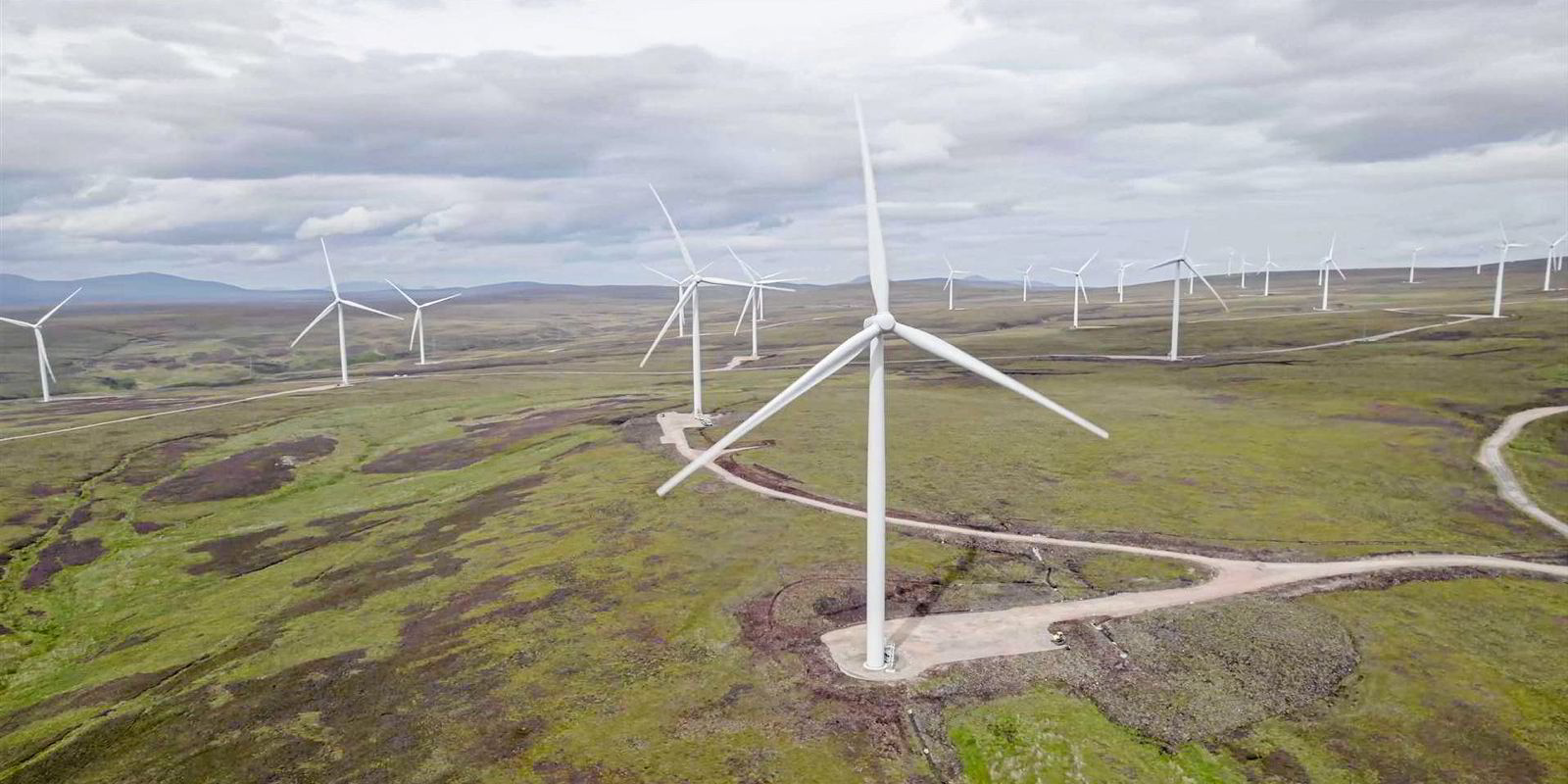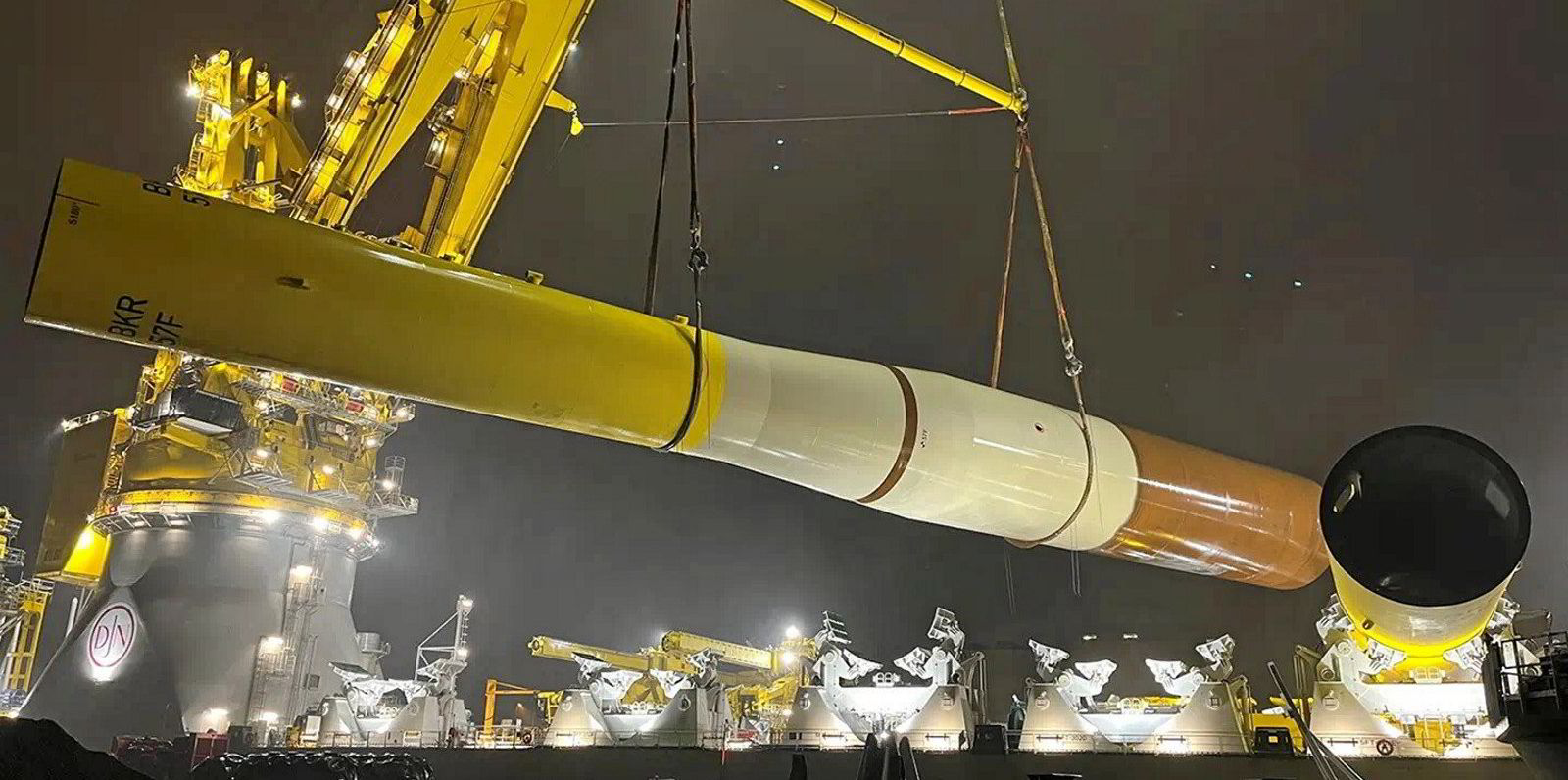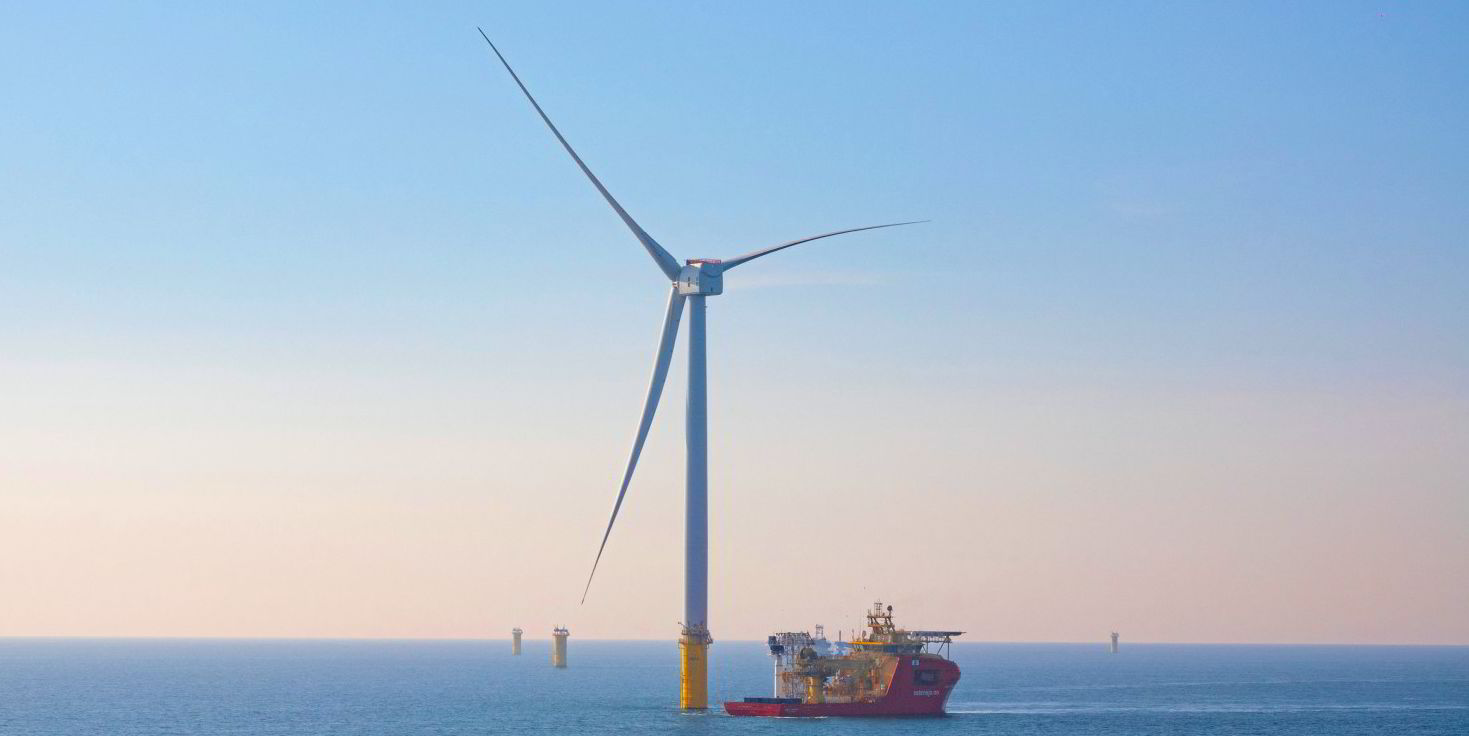Utility SSE Renewables has scrapped a proposed electrolyser project at the subsidy-free Gordonbush onshore wind farm in Scotland, after failing to secure government payments for green hydrogen production.
SSE had been one of the losers in the UK government’s first “hydrogen allocation round” (HAR1) for subsidies per kilogram of H2 produced, with both its Gordonbush and the Aldbrough Hydrogen Pathfinder projects excluded from the list of winners after negotiations.
The utility had planned to install wind turbine manufacturer Siemens Gamesa’s Renewable Hydrogen Upgrade solution at Gordonbush in order to produce green hydrogen during hours when the wind farm’s output would otherwise be curtailed.
“During periods of high wind, the National Grid compensates wind farms for being turned off, and as Gordonbush Extension is one of the cheapest wind farms to turn off, it will likely experience higher than average levels of constraint,” SSE said in a scoping report for the project.
“Rather than lose this energy, it is considered that a more efficient use would be to produce green Hydrogen [sic] from the underutilised generating potential of the wind farm.”
However, while the Gordonbush green hydrogen project had been announced in April 2022, details stayed murky for another year, despite promises that these aspects would be finalised in a planning application with the Highland Council.
For example, SSE never clarified the exact size of the electrolyser nor which sectors it expected would buy H2 produced at Gordonbush — only that it would transport the compressed gas off-site via road-going tube trailers.
Similarly, the exact output capacity that the utility promised the project would produce dwindled from up to 2,000 tonnes a year on its initial announcement, to 1,600 tonnes a year in a planning application notice filed in September 2022, to 1,300 tonnes a year in its scoping report.
While the UK does not require electricity supply from newly built renewables for green hydrogen to qualify for production subsidies, projects with additional renewable energy are weighted slightly higher during grant scoring, which may have put Gordonbush at a disadvantage for future auctions.
As such, a spokesperson told Hydrogen Insight: “Following a review SSE Renewables has decided not to progress with the submission of Gordonbush Hydrogen project into Department of Energy Security and Net Zero (DESNZ) Hydrogen Allocation Round 2 scheme.”
However, the Aldbrough Hydrogen Pathfinder project in northern England has been submitted to the auction.
“We remain committed to Hydrogen projects and believe they have the potential to play a key role in Scotland’s decarbonisation and delivering Net Zero for Scotland,” said the spokesperson. “We continue to consider all potential alternative locations for development to achieve this.”
SSE had also earlier this month announced with co-developer Equinor that the fourth phase of Dogger Bank, the world’s largest offshore wind farm, would not power green hydrogen production after a location for an onshore grid connection was confirmed.
Hydrogen Insight has reached out to confirm whether Aldbrough Hydrogen Pathfinder is still in development or has also been cancelled.
- This article was published first by Hydrogen Insight



